Xinhua Headlines: Beijing's growing appeal amid city's pursuit of high-quality development
Source: Xinhua
Editor: huaxia
2024-10-20 21:20:33
* The Chinese capital Beijing receives people from around the world for important meetings and its many historical attractions such as the Forbidden City and the Great Wall. With a population of around 22 million, Beijing is also one of the most modern, vibrant, and technologically advanced Chinese cities.
* Apart from its roles as China's political, cultural and international exchange centers, Beijing also aims to be a global hub of science and technological innovation.
* Government service centers and the 12345 citizen hotline service in Beijing are pushing forward the modernization of megacity governance by addressing people's needs.
BEIJING, Oct. 20 (Xinhua) -- Walking through the Chaoyangmen South and North streets spanning 2.8 km in downtown Beijing, clean streets adorned with delicately designed miniature gardens, well-refurbished restaurants and convenience stores bustle with life as residents bask in the sun on a late autumn day.
First established in ancient China's Yuan Dynasty (1271-1368), the streets over 700 years old have defied age by constantly renewing themselves, where businesses are thriving and original residents and newcomers mingle and pursue life and work goals.
Not far away from the neighborhood is Qianmen, a hotspot for tourists. From here, the attention-catching antique buses called "dang dang che" move slowly as tourists on these buses enjoy learning about the history and culture of the Beijing Central Axis, a newly recognized UNESCO World Heritage Site.
As the refurbished antique bus travels on its routine path, modern clean-energy double-deckers and dual-carriage buses hurtle by, conjuring up a city image that showcases both the history and modern-day development of Beijing.
As China's political and cultural center, the city receives people from around the world for important meetings and its many historical attractions such as the Forbidden City and the Great Wall. But apart from that, the megacity with a population of around 22 million is also one of the most modern, vibrant, and technologically advanced Chinese cities, providing a window to look at and digest the historical changes brought about by economic and social development in China.
ANCIENT CITY WITH RENEWED IMAGE
In the Chinese capital, clean energy public buses accounted for nearly 95 percent of the city's public buses as of the end of 2023, per capita GDP ranked first compared to other Chinese regions and people's average life expectancy reached 82.51 years in the same cited year, according to data from local authorities.
For An Zhifeng, a resident living in the Chaoyangmen South and North streets area, her life after retirement focuses on leading a healthy lifestyle. "The streets have become wider and more beautiful now. There are seats everywhere along the streets and we can sit down for some rest after a walk or exercise."
An was referring to an already completed urban renewal project for the streets that started at the end of 2023, through which the functions of the streets were analyzed and redesigned by removing traffic barriers that used to be set up to prioritize fast-moving vehicles, setting up new slow-traffic lanes for the passage of pedestrians and bicycles, and renovating municipal facilities to improve the streets' image and residents' life quality in the area.
"Before the renewal, the hutongs were very narrow and residents parked cars in quite a limited space, and they often quarreled for parking. With this newly built multi-level parking facility in our neighborhood, we have more parking lots and it helped strengthen the harmony and unity within our community," said Jiang Xiuping, another resident.
Sun Yang, deputy head of the Dongcheng district government, said that the renewal project lasted for nearly a year, and is an example of Beijing's practice in upholding the "people's city" concept and responding to the people's needs.
The changes in Chaoyangmen South and North streets epitomize city-wide urban renewal projects conducted across various districts based on local conditions. In terms of urban renewal, data from the Beijing municipal government shows that the city has completed the renovation of 565 residential communities from 2021 to 2023, with more such projects being carried out.
The city also promotes digitalization and green transformation for major projects during urban renewal. For instance, the Liangma River region in eastern Beijing's Chaoyang district has become a bustling commercial hub for its robust night activities and light shows, while the Beijing South Central Axis Culture and Innovation Park in Fengtai district, once the site of a major clothing wholesale market, has now transformed into a hub where high-tech firms gather.
GLOBAL HIGH-TECH HUB AMBITION
Apart from its roles as China's political, cultural and international exchange centers, the city also aims to become a hub for key engines driving high-quality development as well as a global hub of science and technological innovation.
The Dongsheng Industrial Park in the city's Haidian district is a hub where high-tech firms concentrate. "After years of development, Dongsheng Town is now home to nearly 4,000 enterprises, including 1,879 technology enterprises, 16 listed enterprises, and 7 unicorn enterprises...the advantages of large-scale industrial agglomeration are significant," according to Ren Yiding, deputy mayor of the town.
With its success in electric mobility products, the Ninebot company based in the park has in recent years developed products such as smart lawn mower robots that meet the user needs in the global market. "The lawnmowers have been exported to European and American markets and are well received, further establishing the Made-in-China brand," said Gao Lufeng, founder and CEO of Ninebot.
In the first half of this year, retail sales of its scooters reached 518,100 units and the sales volume of electric motorbikes exceeded 1.2 million units. In addition, sales of all-terrain vehicles stood at 12,100 units, and the emerging business of lawn mowing robots also achieved remarkable results, according to the company's 2024 half-year report.
These products enabled the company to realize a net profit growth of 168 percent year on year during the period as its business revenues reached nearly 6.7 billion yuan (about 940 million U.S. dollars), up 52.2 percent, according to the report.
As an early explorer of computer vision and AI technology applications, Beijing Deep Glint Technology Co., Ltd., also based in the park, has rolled out AI-enabled services that can be used in some sports tests for students. Company founder Zhao Yong said that its AI-enabled system can automatically count students' sit-ups during the test while recognizing unqualified body moves.
Zhao said that in May this year, the company's integrated sports training and test system was applied in many test sites for sixth-grade students who were about to enroll at junior high schools. "In the future, we will use this technology in physical education and promote it nationwide."
Data from the municipal government shows that, from January to August this year, investment in high-tech manufacturing and high-tech services grew by 72.7 percent and 19.4 percent year on year, respectively, driven by policies aimed at accelerating the development of new quality productive forces. This surge has fostered deeper integration between technological and industrial innovation, aligning with the national push for new quality productive forces.
OPTIMIZED PUBLIC SERVICES FOR THE PEOPLE
The development level in a city is reflected to some extent by the sophistication of its public service system. At the Fengtai District Government Service Center, hundreds of counters occupied by working staff provide varied services for individuals and companies.
Launched in April 2021, the center has gathered 23 sub-centers in profession categories, which can offer services on more than 1,500 district-level matters, such as establishing a company, property transactions, marriage registration, medical insurance and social security, passports and driving licenses, among others.
The concentration of these varied services means individuals or companies can settle all their matters at the same place without the need to go to different government venues, which greatly improves efficiency and people's satisfaction levels.
Data from the local government shows that over the past five years, the 12345 citizen hotline service has picked up 140 million complaints and inquiries from the public, with 96.5 percent of them settled. The public's satisfaction rate on the service reached nearly 97 percent.
Yang Junyao, an employee with 12345, said that the hotline service, first set up as the "mayor hotline" in the 1980s with only one telephone and three operators, has now grown into a center with hundreds of service desks and nearly 1,700 operators.
The 12345 service, which serves both individuals and companies and offers foreign language services, also relies on Internet portals and other platforms such as WeChat and Weibo in handling inquiries and complaints from the public, with itself becoming a driving force that pushes the modernization of megacity governance by addressing people's needs. ■

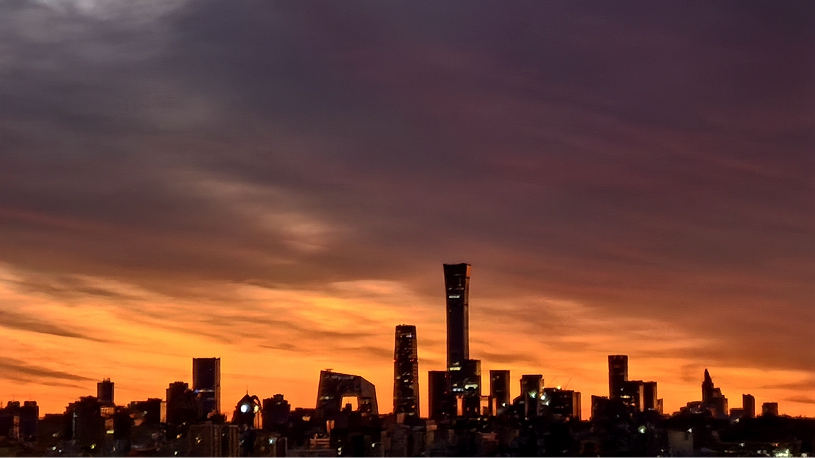
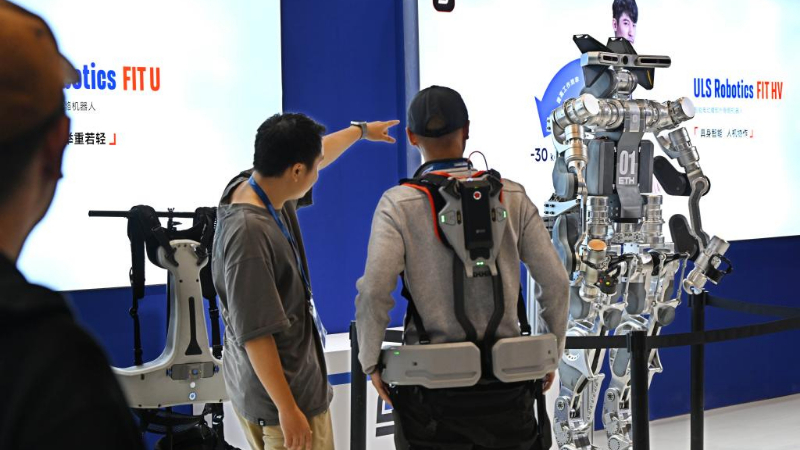
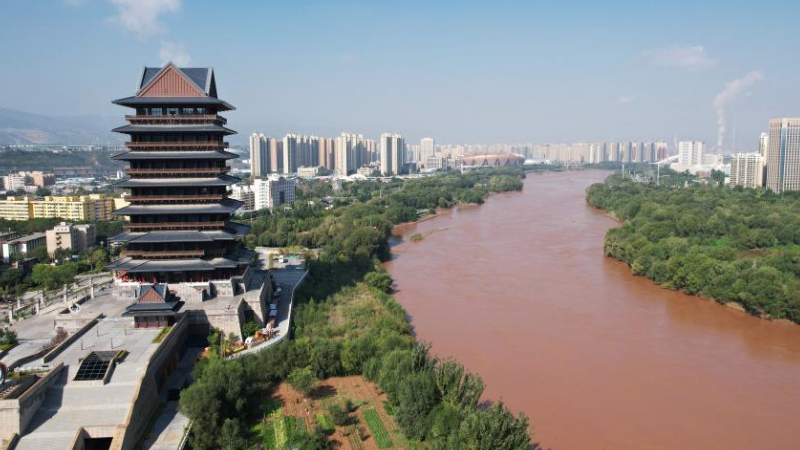

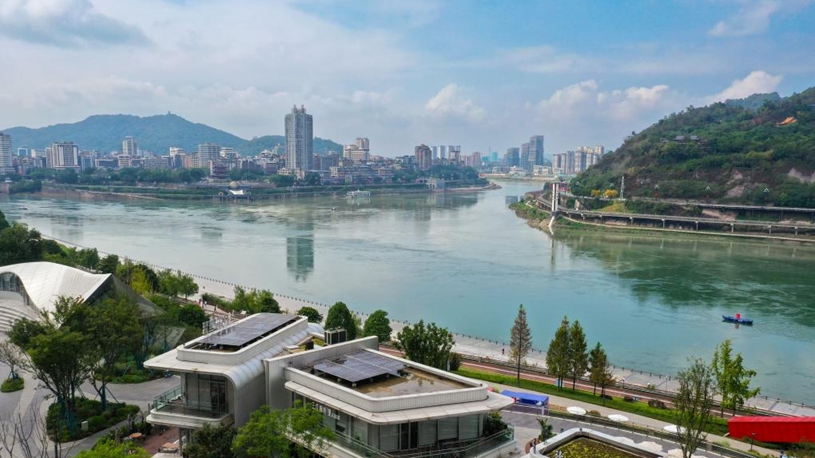
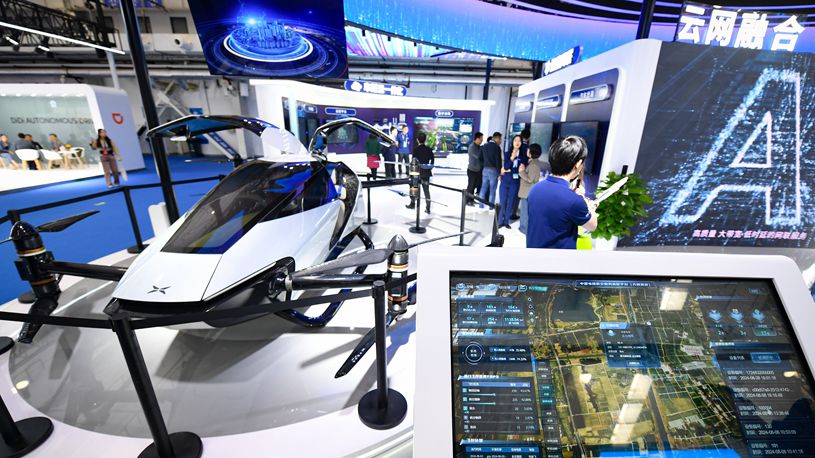
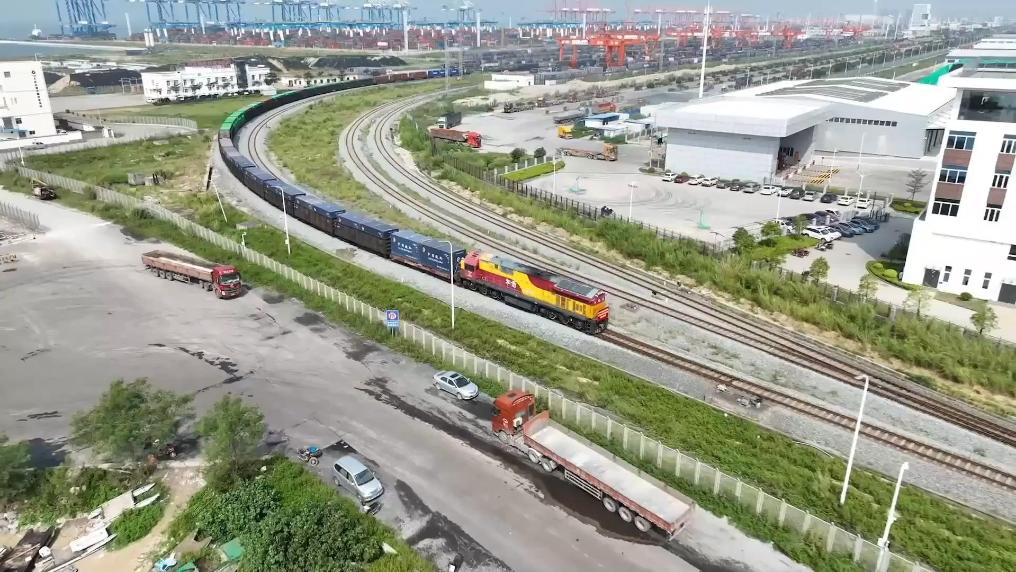
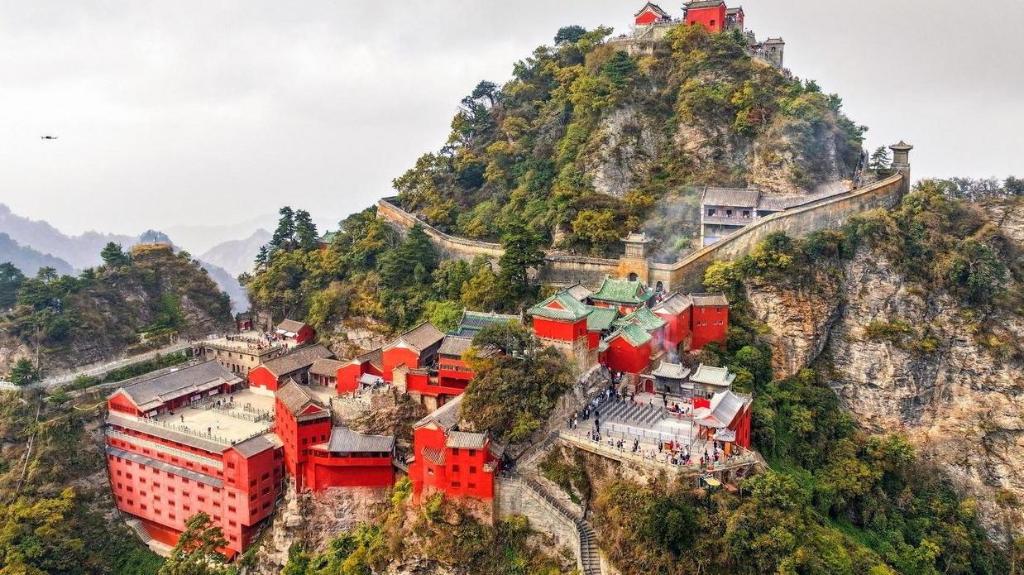
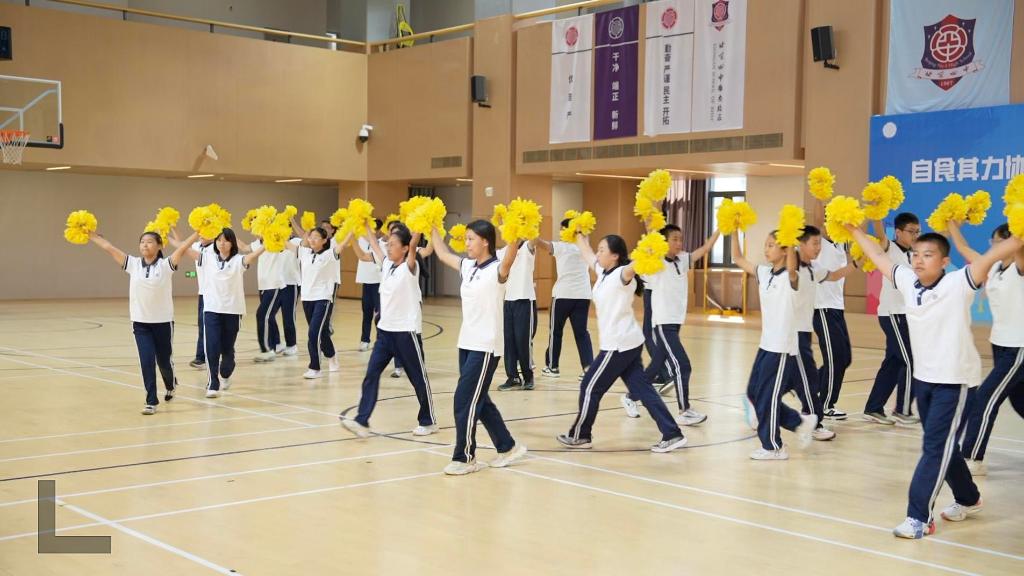



Comments